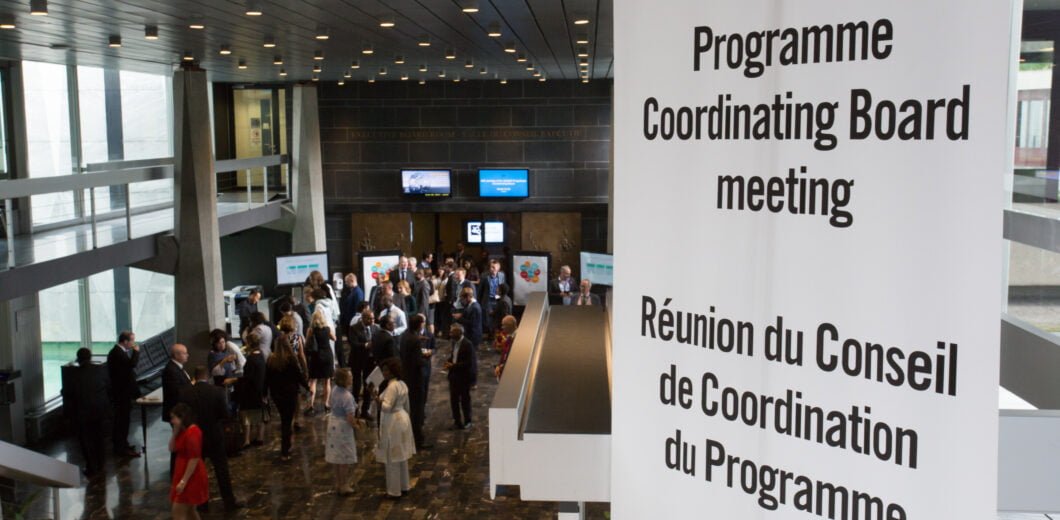Thank you, Chair.
I speak on behalf of the NGO Delegation.
We welcome the Executive Director’s report and take note of the evolving directions outlined in the new Operating Model, the Restructuring Process, and the Global AIDS Strategy.
As we deliberate on these strategies and reforms, let us not lose sight of what must continue to anchor the global HIV response; our shared humanity and collective solidarity. Structural changes must never come at the cost of lives, nor compromise the principles that have sustained this response for decades. The protection of human rights, dignity of all persons, meaningful inclusion of affected communities, and the legitimacy of community leadership must remain non-negotiable.
Board Members, the call to “end AIDS as a public health threat by 2030” is not a slogan—it is a sacred promise. A promise forged through struggle, sustained by courage, and advanced through unity. But let us be clear: reform alone will not save the response; sustained resources, Political will, Collective solidarity and courageous action, will. Saving lives is not charity—it is a moral responsibility.
When donor support declines amidst geopolitical instability, economic shocks, and widening inequalities, it is the most vulnerable; children and adolescents, young people, women, key populations, and communities already left behind who bear the greatest burden. Donors, without your renewed financial commitment, we face the very real possibility of 6 million new HIV infections and 4 million preventable AIDS-related deaths by 2029. That would not only unravel decades of progress, but call into question the very credibility of our commitments to Universal Health Coverage, and the 2030 Agenda. Comrades, We have the power to prevent this tragedy.
Chair, we are pleased to hear the views of Kenya and the Africa block, and their position on the relevance of UNAIDS which aligns with our own. As inequalities deepen and human rights come under pressure, UNAIDS and its’ secretariat must be protected—not diminished. Now more than ever, we must reaffirm its irreplaceable role in the HIV response and in advancing global justice. To let UNAIDS falter due to political or financial neglect would not only undermine global health security, but betray the trust of communities and countries that have built this response for decades. If hard choices must be made, let them reflect courage over caution, and justice over convenience.
At this critical time, when the cost of inaction is measured in lives; we call on all Member States to act not only with political calculation, but with compassion, courage, and conviction with guidance of community realities and evidence of what works. Supported by effective convening from the Secretariat, CCOs must collectively leverage their positioning in-country to maximize resource mobilization, and capacity strengthening efforts towards a vision that protects Human rights, supports sustainability of community-led responses, and affirms the dignity of all persons living with and at risk of HIV.
This is a moment to lead with principle, to revive multilateral cooperation, to uphold the centrality of communities in the broader health sector, and to place people, not just processes at the heart of our decisions.
Thank you

